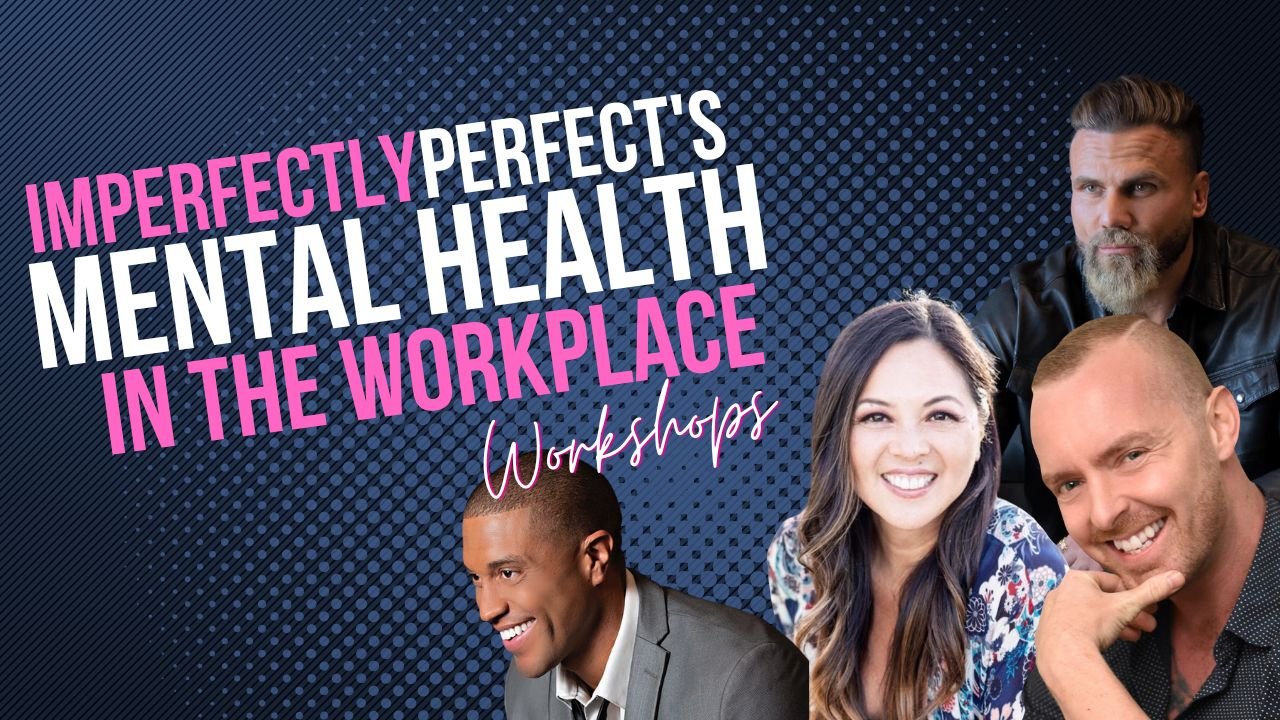Helping children embrace their imperfections is an important aspect of their emotional and psychological development. Here are some strategies you can use to support your children in this process:
Foster a positive and accepting environment: Create a loving and accepting atmosphere at home where mistakes and imperfections are seen as a normal part of learning and growth. Encourage open communication and let your children know that they can share their thoughts and feelings without fear of judgment.
2. Model self-acceptance: Children learn by observing their parents and caregivers. Embrace your own imperfections and openly discuss them with your children. Show them that everyone has flaws and that it's okay to make mistakes. Be kind to yourself and demonstrate self-compassion.
3. Encourage a growth mindset: Teach your children that intelligence and abilities are not fixed traits but can be developed through effort and practice. Emphasize the value of learning from mistakes and setbacks. Encourage them to approach challenges with a positive attitude and a willingness to try again.
4. Praise effort and progress: Instead of solely focusing on achievements and outcomes, praise your children's effort, perseverance, and progress. This helps them understand that their worth is not solely based on the end result but also on the process of learning and growing
5.Teach self-compassion: Help your children develop self-compassion by teaching them to be kind to themselves when they make mistakes or face challenges. Encourage them to talk to themselves in a supportive and understanding way, just as they would comfort a friend. This cultivates a healthy inner dialogue and reduces self-criticism.
6. Focus on strengths and interests: Encourage your children to discover and develop their unique strengths and interests. Help them understand that everyone has different talents and that their worth is not solely determined by areas where they may perceive themselves as imperfect.
7. Promote realistic expectations: Help your children set realistic expectations for themselves. Talk to them about the importance of setting achievable goals and celebrating progress, rather than striving for perfection. Encourage them to embrace their unique qualities and recognize that nobody is perfect.
8. Encourage self-expression: Provide opportunities for your children to express themselves creatively and emotionally. Encourage them to pursue activities they enjoy and allow them to explore their interests. This helps build confidence and a sense of self-worth beyond external validation.
Remember, embracing imperfections is a lifelong journey, and your support as a parent or caregiver plays a crucial role in helping your children develop a healthy self-image and a resilient mindset.





















